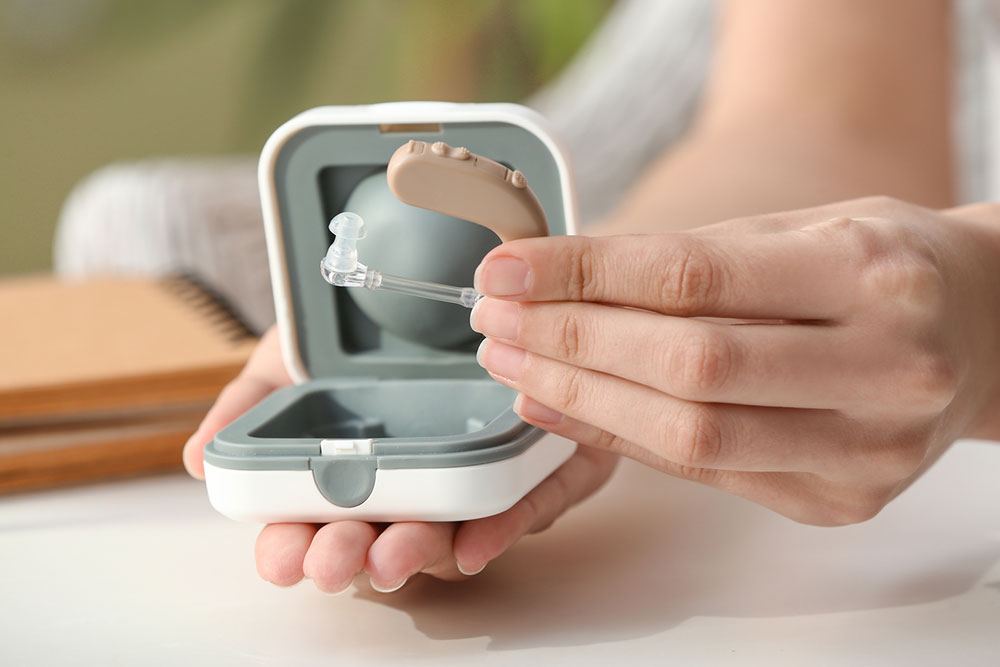
3 mistakes new hearing aid users should avoid
Getting a hearing aid is a big moment for many, especially first-time users. People tend to be delighted to get their new hearing aid as it helps them live with hearing impairment while not compromising their quality of life. Using it is fairly easy, but even then, users can make certain mistakes that reduce the overall effectiveness of the device. Let’s analyze the common mistakes and find a way to avoid them.
Not wearing the aids enough
Initially, the hearing aids may be uncomfortable to wear, but that should not put users off using them anyway. Essentially, users will take some time getting used to a device that is supposed to stay in their ears all day and most of the night. A common mistake new users make is not wearing the hearing aids enough during this challenging phase. This is a mistake that can thwart their progress while they adapt to the new device.
To form good habits, one can wear their hearing aids for eight hours a day, at the very least initially. Users can increase the number of hours progressively until the phase arrives in which wearing the aids will be comfortable.
Not cleaning the hearing aids regularly
The ears accumulate dirt and wax rapidly. If users wear their hearing aids for most of the day, these elements mix with external dust and dirt. Cleaning the hearing aids is essential in order to eliminate all these elements from the device. Not cleaning one’s hearing aids regularly can leave people vulnerable to ear infections and other serious ear-related health issues.
Not utilizing the volume control to its potential
Ideally, the volume of any given hearing aid should be perfectly balanced – not too loud, nor too soft. Users can consult their audiologist to get this right, as it is a key aspect of hearing everything perfectly. Not utilizing the volume controls on the hearing aid can leave people vulnerable to incredibly high-pitched sounds, resulting in further hearing impairment.


